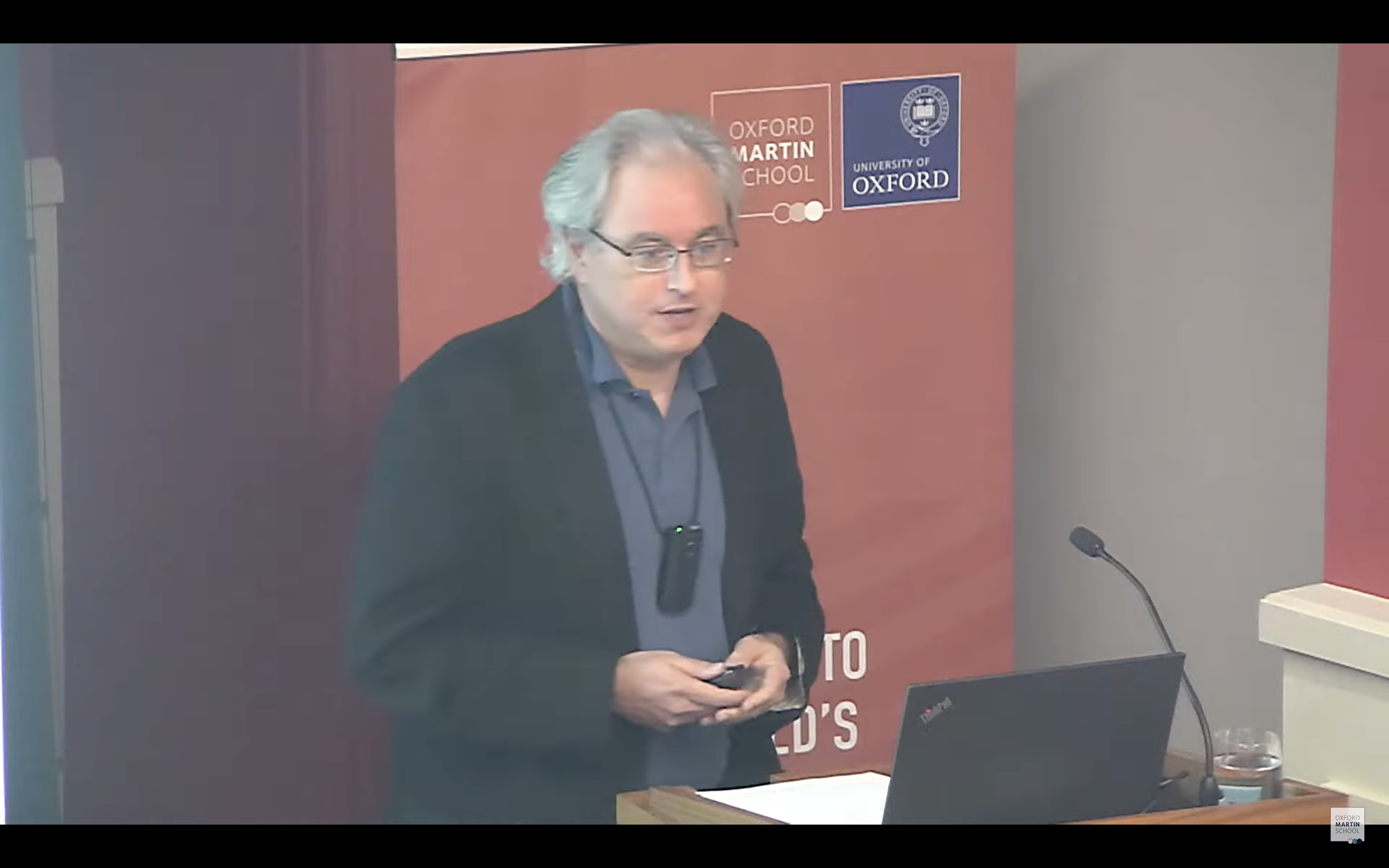The crucial role of the Ohio primary in deciding the Democratic nominee for president is having a regrettable impact on judgment and rhetoric in this campaign, as noted earlier this week by Lawrence MacDonald. But does this necessarily mean that a Democratic president--either Senator Clinton or Senator Obama--along with a Democratic Congress, which has been stubbornly blocking a vote on the trade agreement negotiated with Colombia, would be bad for trade, especially with developing countries?
Not necessarily, at least not relative to a situation where John McCain is president and facing a Democratic Congress (a Republican majority in either chamber seems unlikely at this stage). That political alignment has led to gridlock for the past two years, since the Democrats recaptured both houses of Congress, and the opposite alignment in the 1990s did the same for the last six years of Bill Clinton's presidency. The problem is the increasing lack of trust between the two parties.
Under "trade promotion authority," the US Congress delegates some of its constitutional authority to regulate trade to the executive branch. It allows the president to negotiate trade agreements that the Congress agrees to vote on expeditiously and without amending it. That process requires a certain level of trust on the part of Congress that the president will use the authority in ways that Congress finds acceptable. But increasing political partisanship--generally as well as over trade--has undermined the trust that underpins that process.
There is an even more fundamental reason why a Democratic president and Congress, working together, might do more to put trade back on track. Democrats, at least in their rhetoric, are more committed to working on the domestic policy agenda that is desperately needed to support globalization--from an expanded Trade Adjustment Act, to unemployment insurance reform, and better education and training for workers. And, of course, expanding health care coverage has been a major issue in the campaign.
Still the recent rhetoric is troubling and it has costs that the candidates ignore to their peril once we get past Ohio. The Financial Times summed them up well in an editorial yesterday:
"The next Democratic administration promises to repair US alliances and standing in the world. A worthy aim. Yet its first act, the party says, will be to tell its closest neighbours that the rules they are all agreed to are defunct – and if they do not like it, tough luck."
CGD blog posts reflect the views of the authors, drawing on prior research and experience in their areas of expertise.
CGD is a nonpartisan, independent organization and does not take institutional positions.





